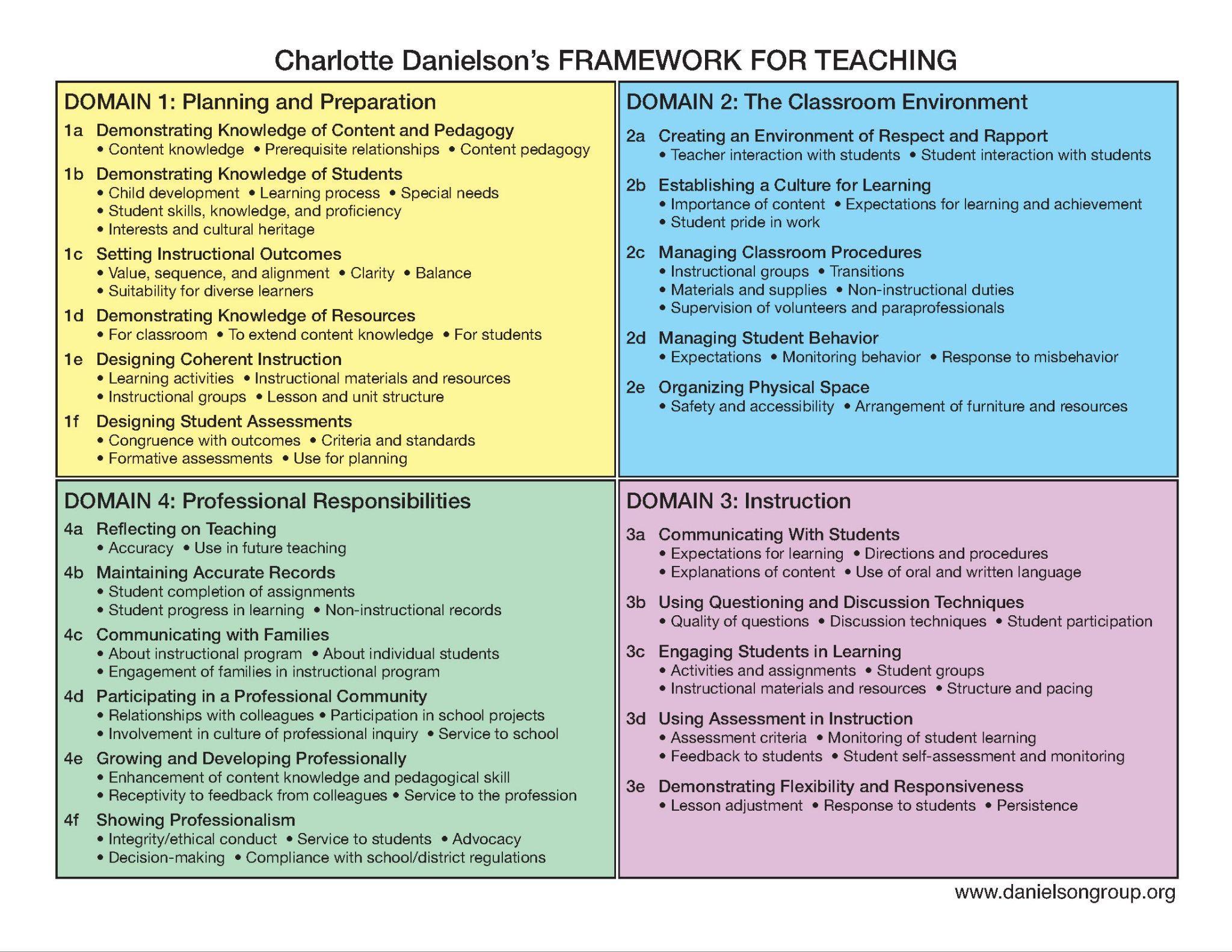
2 minute read
PBIS Calendar
Dress Down Days - Last Wednesday of every month
Trips and other events at the classroom or grade-wide level
Advertisement
Month Event(s)
September
Expectations Assemblies held by Principal and Admin Team
● Develop expectations for classroom
● Teach expectations for hallway, cafeteria, bathroom, and playground
October Halloween Parade & Celebration
Middle School Homecoming Dance
Fall Sports Pep Rally
November Minute to Win it
Grandfriends Day
Thanksgiving Feast
December
Winter Concert
Polar Express/Pajama Day
Christmas Lipdub Video
January
Expectations Assemblies
Legacy Week
February Houses Valentine’s Dance
Snowball Tournament
Winter Sports Pep Rally
March Pi Day
Alumni Career Day
March Madness
April
Spring Break
May Student Talent Show
Blue and Gold Day
Leap Up Days
4-8 grade field trips
June 8th Grade Dinner Dance
Classroom Observations and Teacher Evaluations
Classroom observations are essential to the teacher evaluation process. The Principal conducts formal classroom observations to gather and document evidence of effective teaching practices Additionally, in order to gather more information, the Principal and Director of Curriculum and Innovation conduct informal observations NFA follows the Danielson Framework for observations as well as a Montessori-aligned observation tool
● Formal observations are announced and encompass one complete lesson These happen once per school year
● Informal observations are unannounced and focus on components in Domains 2 and 3 (see below)
● Ratings and feedback from formal and informal observations are shared via email
Charlotte Danielson’s Framework for Teaching
Danielson’s Framework for Teaching encompasses the foundational ideas on which the observation process is based and guides how we define effective teaching in grades 1-3 primary classrooms and grades 4-8. The framework offers a description of practices that, based on research and empirical evidence, have been shown to promote student learning.
Danielson’s Framework for Teaching consists of four Domains, each with five to six components of teaching. This framework serves as the guide for rating classroom observations. The Domains and respective components are described below:
Montessori Observations
Observations in the Montessori settings aim to direct attention to not only what children are doing, but what they are learning as a result. Observations in Montessori environments focus on how classrooms are designed to support student growth.
We observe…
● What children are doing (choosing work, collaborating, planning and reflecting, caring for the classroom, etc )
● What adults are doing (observing, modeling, encouraging exploration, redirecting, conferencing etc )
● How the environment is prepared (clean, orderly, child-accessible, supports independence, etc )
Peer Observations
Teachers are strongly encouraged to conduct peer observations We believe that people learn best when observing others Peer observations are a part of high-quality professional development that allow the observed teachers to share and demonstrate their expertise within the context of their classrooms, and gain valuable feedback and ideas. Have you heard about a teacher doing something interesting in their classroom that you’d like to consider implementing in your own classroom? Contact the Director of Curriculum and Innovation to arrange a time to observe it in action in your colleagues' classroom.




